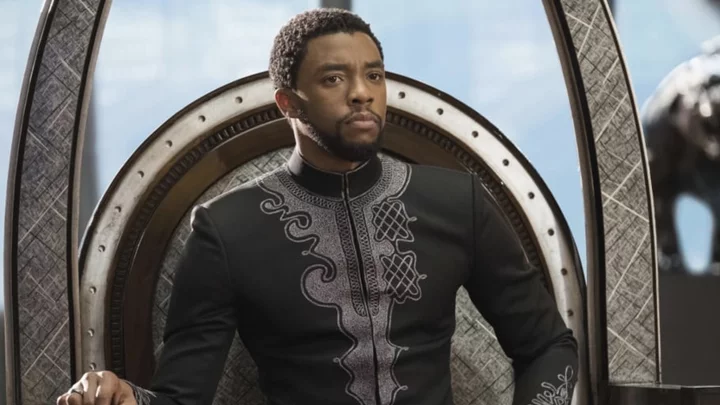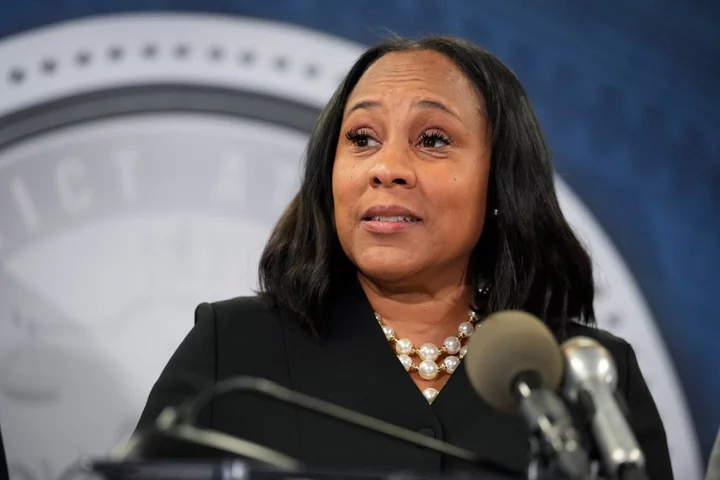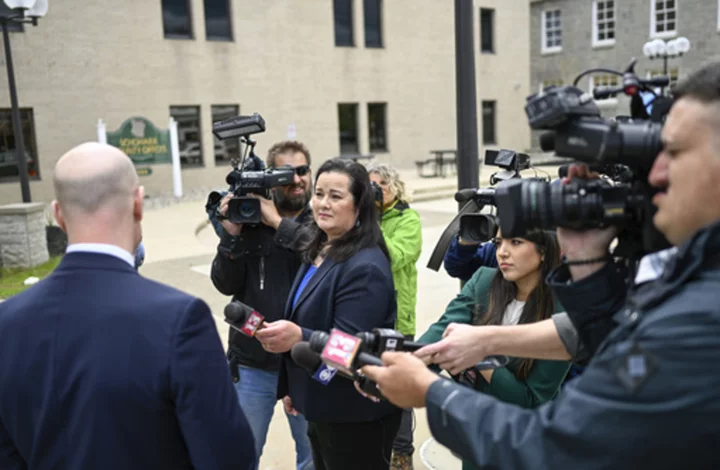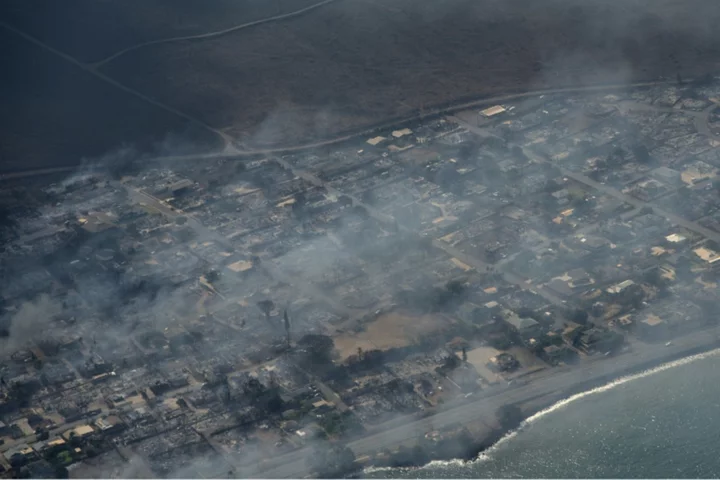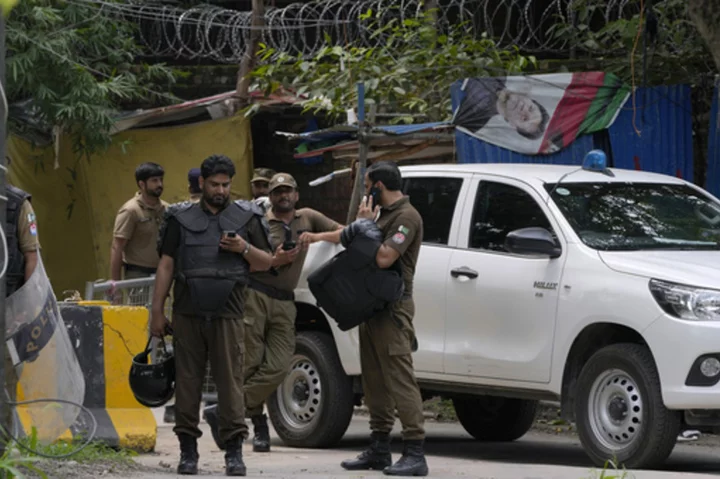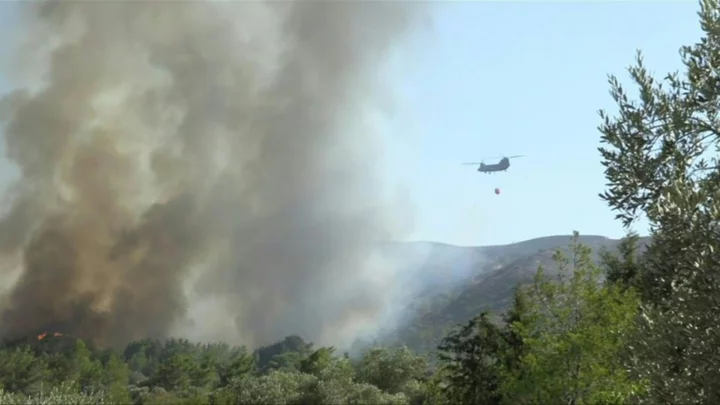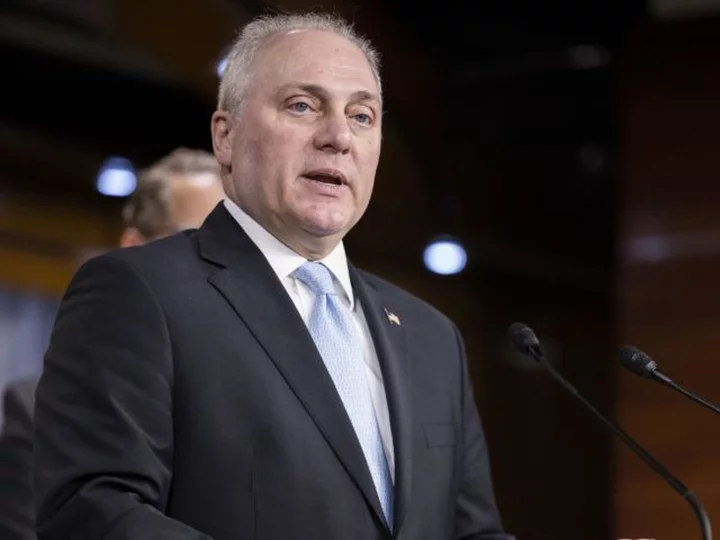When Marvel Studios pointed its bat to the bleachers to proclaim a slew of new superhero films in 2005, Black Panther was one of the big names on the list. By then, the wheels had already long been in motion to bring the character to the silver screen, but it would take a longer time still. The real promise of a Black Panther standalone movie was finally planted in 2016 when Chadwick Boseman appeared in Captain America: Civil War as T’Challa. Two years later, Wakanda finally came to life as the centerpiece for a story about the country‘s people and its super-powered leader. It was a long journey from the character’s first comic book appearance in 1966.
The movie’s global impact was gargantuan. In addition to being a smash hit at the box office, to the tune of $1.34 billion worldwide, Black Panther also scored serious Oscar attention while millions of people around the world crossed their arms in a regal salute. Here are 10 facts about Black Panther.
1. Black Panther was almost made in the mid-1990s with Wesley Snipes.
With Marvel hobbling along through the 1980s and 1990s with flop after flop (hello, Howard the Duck!), Wesley Snipes set his newly-minted superstar eyes on T’Challa. Unfortunately, the right script, right director, and right technology never came together to make the right movie, so Snipes moved on to create Blade—the series that, coincidentally, kept Marvel afloat long enough for them to eventually make Black Panther two decades later.
2. Ryan Coogler would only sign on if he could bring his own crew.
Under Kevin Feige, Marvel is known for having a tight grip on its infamous formula, plugging major talent into a system that churns out movies that have a dash of originality yet nonetheless often feel the same. Director Ryan Coogler wasn’t interested in having his vision diluted, and he only agreed to direct the film because Marvel let him bring his production team on board: namely, cinematographer Rachel Morrison, production designer Hannah Beachler, and composer Ludwig Goransson, who had worked with Coogler on both Sundance fave Fruitvale Station (2013) and Rocky spin-off Creed (2015).
3. Coogler drew inspiration from a Cannes-winning indie French film.
Where else would you look when making a superhero action flick? “My favorite film is a film called A Prophet, a French film that was released almost a decade ago now, which seems a bit crazy,” Coogler told Fandango in 2018. “Any time I’m making a movie, I’m always leaning on inspiration from that one. A Prophet deals with secret societies and cultural ties, so that was a big influence [on Black Panther].” Jacques Audiard’s film won the Grand Prix at Cannes in 2009 and, like Black Panther, was also an attempt to give further on-screen representation to people who are typically woefully underrepresented—which, in the case of A Prophet, is Arabs living in France.
4. The Black Panther team turned a horse into a rhinoceros.
When you need to build a rhino, start with a horse. Snipes may have lamented the lack of CGI tech capabilities in the mid-1990s, but when Black Panther finally hit green screens, the production team used some incredible tricks to bring the world of Wakanda to life. That includes filming horses, then wrapping digital rhinoceros costumes over them so they could stampede across the plains or eat an apple out of Boseman’s hand.
5. Its South Korea chase involved 150 cars and 700 people.
If you’re keeping score, 2 Fast 2 Furious (2003) wrecked 130 cars and Fast & Furious (2001) wrecked 190, so this one chase scene is right in the sweet spot of those two films for vehicular body count. Yet, Black Panther’s biggest number might be 3000, which is the number of prosthetic nodes Michael B. Jordan had to wear to create Killmonger’s scarification.
6. Shaved heads became a bonding experience among the Black Panther actors.
Every member of the Dora Milaje had to agree to shave their heads, but it became an opportunity to create a cohesive unit. “There’s a big difference between short cut and dolphin-smooth bald,” Danai Gurira told Jimmy Kimmel. “Day by day all the wonderful women in my army started to come in. They all had long hair one day, and they were like me the next, and we just started to have some solidarity around it.”
7. Coogler went to the movies to see Iron Man on its opening day when he was still in film school.
The post-credits sequence in Black Panther mirrors Iron Man’s press conference ending, with T’Challa addressing the United Nations to announce Wakanda will share its technology with the world. It was purposeful, both to tie the films together, and to nod toward the first MCU film, which Coogler saw on opening day when he was still in film school at USC School of Cinematic Arts. “What I thought was great about Iron Man, which [Marvel does] a great job of in their movies, is that it feels like it’s happening in our world even though it’s not,” Coogler told io9. He went from film school to directing a billion-dollar blockbuster in seven years, making him the MCU’s youngest director at the time.
8. Lupita Nyong’o paid for 600 children in Kenya to see the film.
Frederick Joseph launched the Black Panther Challenge weeks before the movie hit theaters and raised $50,000 to send kids in Harlem to see it for free. Nyong’o joined in on the kindness, sending 600 children in her hometown of Kisumu, Kenya, to see her match wits with Boseman on screen. She posted on Instagram at the time, “I wanted kids from my hometown to see the positive images reflected in the film and superheroes that they can relate to on the big screen. No matter where you live, you can help make this happen for more children who can’t afford to see the movie.”
9. The Wakanda salute exists because of pharaohs and American Sign Language.
Crossing arms and saying “Wakanda Forever” has earned a life of its own beyond the film. Coogler explained that the fictional salute was inspired by the way pharaohs are buried and some West African sculptures, with the bonus of meaning “hug” in American Sign Language.
10. Donald Glover wrote jokes for Black Panther.
In the DVD commentary, Coogler calls Glover “one of the funniest people” he knows and revealed that the Community star wrote some gags for the film. The most notable is when the assembled tribes are asked if anyone will challenge T’Challa for the throne, and Shuri (Letitia Wright) raises her hand to complain about everything taking too long.
This article was originally published on www.mentalfloss.com as 10 Surprising Facts About ‘Black Panther’.

